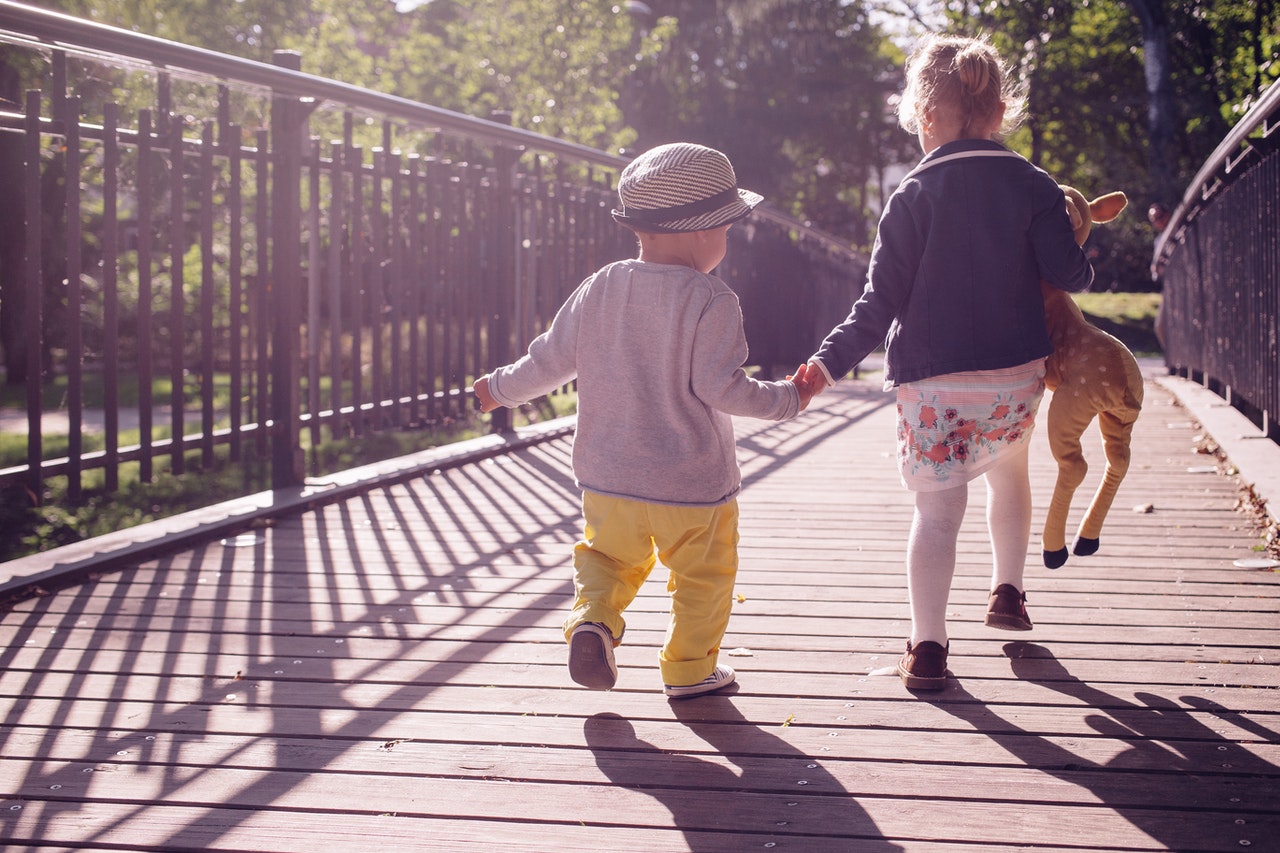Children, they say, are always a blessing. No matter at what stage in your life you are in when they arrive, they’re bundles of joy and should always be your priority. But not all parents feel the same. Some give their kids up for adoption because they can no longer care for them, or they’re not ready to raise them, or they simply don’t like having kids. And then some parents long for more kids but could no longer have another. Some feel a certain responsibility to adopt children from developing nations because they want to give them an opportunity for a better life.
No matter what your reasons are, bringing in an adopted child when you already have kids of your own is always a difficult process. Look at it from two perspectives. The adopted children may feel they are some sort of charity while your biological kids may start believing that they are not enough to make you feel content as a parent.
The emotional complexities of adoption, however, is next only to the legal hurdle. Are you eligible to adopt? How is adoption going to impact your finances, investments, inheritance, etc.?
Look for a Lawyer and Social Worker You Can Trust
The first thing you need to do when you start considering adoption is to look for a reputable family law attorney and social worker. The lawyer will walk you through the legal process of adopting a child, especially when you already have biological children of your own. How will this affect any legal claims your biological and soon-to-be-adopted children have on your money when you pass away? Yes, you have to talk about that.
The social worker can introduce you to different organizations that handle adoptions. They can even bring you to adoption houses so you can meet kids who need someone to take them in. If you’re opting to adopt a newborn, the social worker will have a list of possible candidates for you, too.
Talk With Your Kids
Never underestimate the ability of your birth children to understand what’s going on in the family. Talk to them. Make sure they understand that someone is going to arrive in your home and that someone will be present in their lives forever. If possible, attend a counseling session as a family, so your kids (whether young or old) can talk about their apprehensions about the move to adopt another kid. Do not neglect their need to be listened to.
Consider Birth Order
Children develop their own roles in the family according to the order in which they are born. If you are going to adopt, experts suggest adopting someone younger than your youngest child. That will keep the birth order in place. If your youngest is three years old, then adopt someone younger than three. Adopting someone older than one of your birth children will create confusion and sow division.
Your eldest kid may feel displaced. Why would you need to replace him/her in his/her role in the family? Are you dissatisfied? The adopted kid, though older than your birth children, will also do not know how to respond to this new role.

Understand Your Feelings
Some adoptive parents immediately fall in love with their adoptive children. When that happens, it is a beautiful thing. Then, some adoptive parents take time before developing strong feelings for their adoptive kids. This is especially true for those who have birth children. You may compare what you felt seeing them both for the first time. Know that it is normal to feel differently upon seeing someone else’s child. With time and patience, you will love your adopted kids as fiercely as you do your biological children.
Dealing With Trauma and Loss
In a perfect world, kids will never know heartbreak and pain. But the truth is that a lot of kids are abused since birth. Many of them were witnesses to abusive traits and crimes. There is so much trauma in their hearts that they may not open up immediately to their adoptive parents. Parenting these kids is different from parenting your biological kids. You were there beside your kids when they were born. You hugged and kissed them and celebrated their lives. Nothing could be more different for kids who were in abusive homes.
Parenting biological and adoptive children are almost always the same, but with a few exceptions. It is these exceptions that will usually be a telling point of success. How well-adjusted you and your kids are to these exceptions will be a critical point in your relationship.
